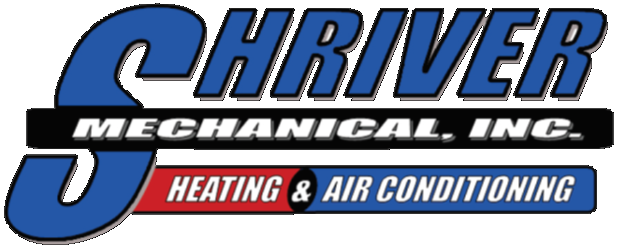Most homeowners perform annual HVAC maintenance services. However, they tend to focus on visible components (HVAC condenser coils) and forget those that are out of sight, like the AC unit’s evaporator coils.
Dirty coils will not only make the HVAC system lose efficiency and performance but can also breakdown the entire system. It’s therefore important to have the HVAC coils cleaned.
In this article, we’ll discuss how to clean HVAC coils based on what hvac maintenance professionals do, but first, let’s see why it’s vital to clean HVAC coils.
Why is it important to clean HVAC coils?
The HVAC system evaporator coils play a crucial role in capturing heat from your home’s indoor air. The condenser coils or fan coils release trapped heat into the air around the outdoor system. Both HVAC coils work to improve the transfer of heat in a home.
Evaporator coils in the HVAC system provide the cooling needed to generate the cold air required to keep a home’s indoor air comfortable even during the hottest temperatures.
They also dehumidify the air. During cooling of the air, moisture condenses onto the coils as it becomes cooler and gets removed from the indoor air. The condensed water gets collected in the drain pan and safely flows away from the HVAC system.
When dirt accumulates on both the evaporator and condenser coils, their effectiveness and performance get reduced significantly.
The dehumidification process will get damped, meaning dust and other particles in the air can easily stick to the coil’s wall as air passed through them.
Other problems that can result from dirty coils include:
· Lowered heat transfer
· Higher energy consumption
· Lowered cooling capacity
· Increased wear on the system, which can lead to malfunctions
· Hight operating pressures and temperature
· Ice buildup on the coils
Besides the reduced efficiency and performance of your HVAC system, your monthly electricity bills will increase. To prevent all this, ensure you’ve cleaned your HVAC system every three months, especially in the cold season. Also, schedule an annual HVAC maintenance.
How to clean HVAC coils
The HVAC maintenance professional will start by accessing the coils. You’ll find the evaporator coils inside the indoor HVAC unit. But first they will ensure you’ve turned the thermostat and air conditioner off, as well as switch off the circuit breaker for safety. To clean the coils, they will use the methods below:
1. Compressed air: In case of less dirt, they can use compressed air to blow them off from the evaporator coil. Blow through the coils opposite the direction of normal airflow in the coils. As a result, this will push the dirt back through the dirtier side.
2. Brushing: Ideal for removing light amounts of dirt from the coils. Furthermore, it offers more control over the pressure and parts being cleaned. A soft brush is perfect for this method since it won’t damage the fins.
3. Commercial cleaners: There are numerous commercial cleaners in the market for cleaning evaporator and condenser coils. They will use their chosen cleaner according to its instructions.
4. Water and mild detergents: Instead of commercial cleaner, they can use water and mild detergents to clean the coils. They will take a mixture and place it in a spray bottle or garden sprayer and start the cleaning process.
How HVAC coil cleaning helps the system
Cleaning HVAC coils results in increased performance and efficiency and reduced system repair cost plus monthly utility bills.
Since maintenance of HVAC coils is so crucial to your comfort and system operation, seek professionals who can get the job done right.
A professional will know how to clean the coils without damaging the delicate coil fins, which help in the heat transfer process.
If you’re looking to clean your HVAC coils today, we recommend you consult Shriver Mechanical. They’re experts in HVAC maintenance, and they can identify and repair any issue in your HVAC system.
They will also provide you advice, support, and other HVAC related services, so reach out to them today or call 770-975-1927.

